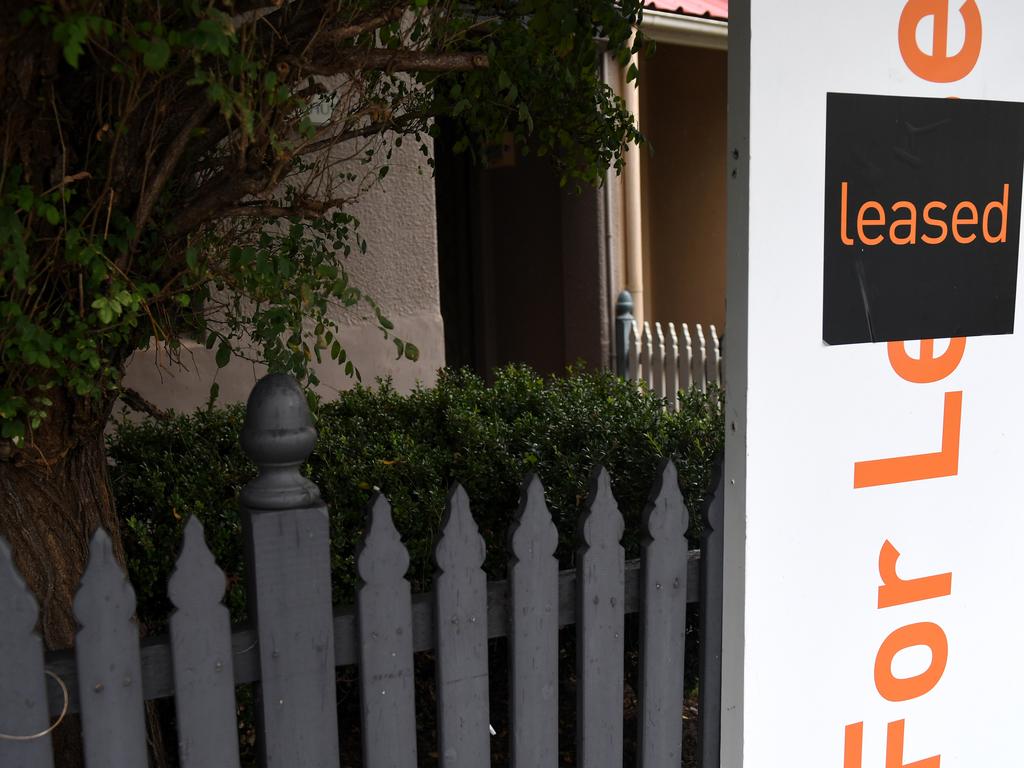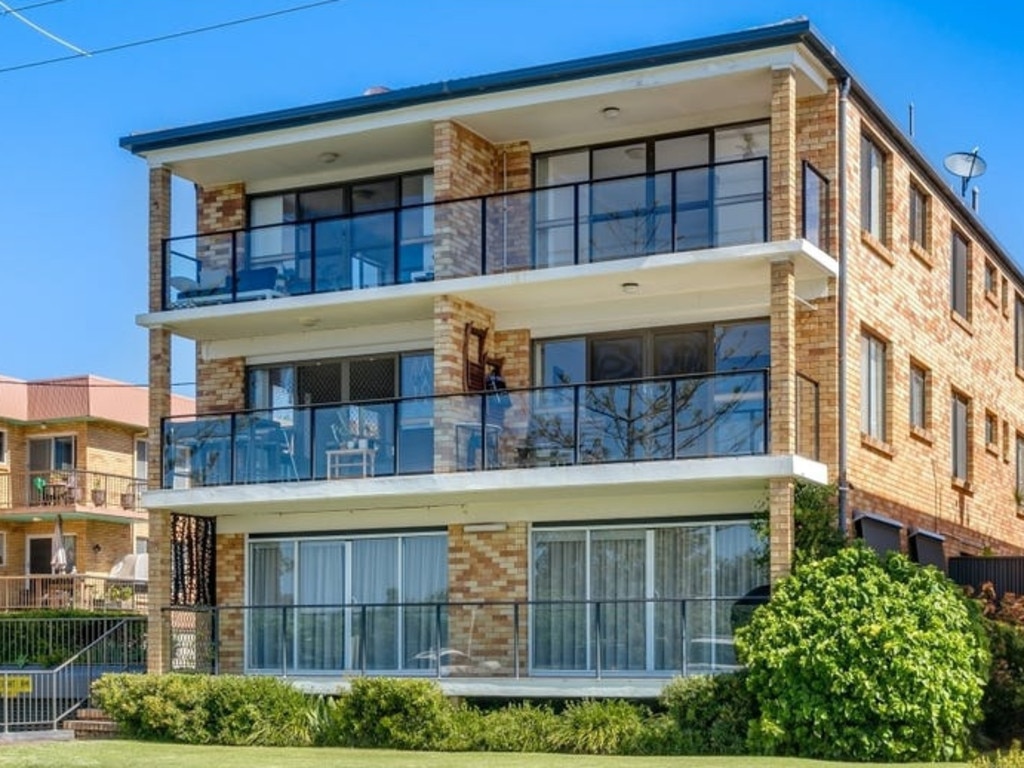Why we need to learn to love landlords
Landlords have become a ready-made punching bag for all of our housing issues. But they are far more of a solution to our current ills than the cause of the problems.
OPINION
If we want to get the rental crisis under control, we need more landlords. It’s as simple as that.
Rental prices are driven by that boring old economic cliche of supply versus demand.
There are nowhere near enough rental properties currently in the market, so
tenants are forced to pay more for the stock available.
This isn’t the fault of landlords.
Yet we call them greedy, we charge them higher rates on their mortgages than owner occupiers and we call for them to be punished with rent freezes or more taxes. We seek to drive them away when we need to incentivise them into the market to boost supply.

Tim McKibbin, Real Estate Institute of NSW CEO, says landlords “have been painted as this super wealthy class of people that can afford to provide affordable housing, and don’t need the (rental) money.
“But about 80 per cent of investment properties are owned by mum and dad investors looking to add funding to their retirement and they own just one property. They need the rent to pay the mortgage.”
Politicians often lead the tough talk about landlords. They can’t believe their luck.
“Someone else is getting blamed for our failure! Let’s keep this rolling. Don’t remind them how we used to provide new supply in the form of social or affordable housing and now that’s next to nothing. Never mind all the stimulus money we printed that helped send inflation soaring and necessitated huge interest rate hikes. No, curse those greedy landlords!”
Look at today’s federal government.
It spruiks a plan to deliver 30,000 social and affordable rental homes over the next five years, while at the same time it brings hundreds of thousands of (tax paying) migrants into the country to kick the recession can down the road. Where will they live? What about the people already here?
Does this all sound a little one-sided? Full disclosure: I am a landlord.
And yes, I have heard the horror stories about the massive rent increases being issued by some unscrupulous types out there. I’ve heard about beds in shared bedrooms being advertised for $300 per week. It’s an awful thing to do, but it has been enabled by the market conditions we find ourselves in. And at the risk of sounding clichéd … not ALL landlords do such things.
I raised the rent this year by $20 a week on my one-bedroom unit in Surfers Paradise. It doesn’t cover the $50 extra a week the bank now charges me since interest rates started going up, but I value a good tenant and am currently able to cover the difference. Not everyone can … (by the way, I haven’t heard anyone call for a rate hike freeze on banks yet. Last I checked, their profits were in decent shape).
So let’s recap the situation we’re in.
SQM Research figures show the national rental vacancy rate fell to 1.2 per cent in August, down from 1.3 per cent the month prior. In Perth, vacancies are at 0.4 per cent and in Adelaide 0.5 per cent, while Brisbane (0.9 per cent), Melbourne (1.3 per cent) and Sydney (1.4 per cent) are trending downwards.

SQM Research director Louis Christopher has never seen the market so tight.
“The lack of supply and new supply … plus the open borders, have created this rental crisis,” Mr Christopher said. “We’ve been underbuilding for some years and forecasts have the population expanding by at least another 2 per cent next year … some 530,000 people. Those people need some 240,000 new dwellings to be completed. Yet, when we look at dwelling commencements published by the ABS for the next 12 months, only about 160,000 dwellings are going to be completed.”
The first thing that needs to be done is a cap on migration. How can a government faced by this rental crisis actively seek to make things worse?
The next thing we need to do is incentivise investors to put their money into new builds. Developers are struggling with their own construction crisis, thanks to inflation, supply and labour shortages and ridiculous council approval processes. They need investors to help get their projects off the ground.
Finally, why not drop interest rates on loan repayments so that investors are on par with owner occupiers. Or even paying less? It may mean fewer landlords need to raise rents.
Investors will return if the conditions are right. A new Mortgage Choice survey has revealed 83 per cent of Australians believe property remains a good investment, despite rising interest rates, lack of supply and the cost of living. Respondents said they were attracted to investing in a physical asset with good rental returns and believed property could provide peace of mind and financial security.
“It’s a challenging time for many hopeful buyers,” Mortgage Choice CEO Anthony Waldron said. “Despite our research revealing their understandable concern about entering the market, Australians still see the long-term value in property.”
More Coverage
Originally published as Why we need to learn to love landlords





